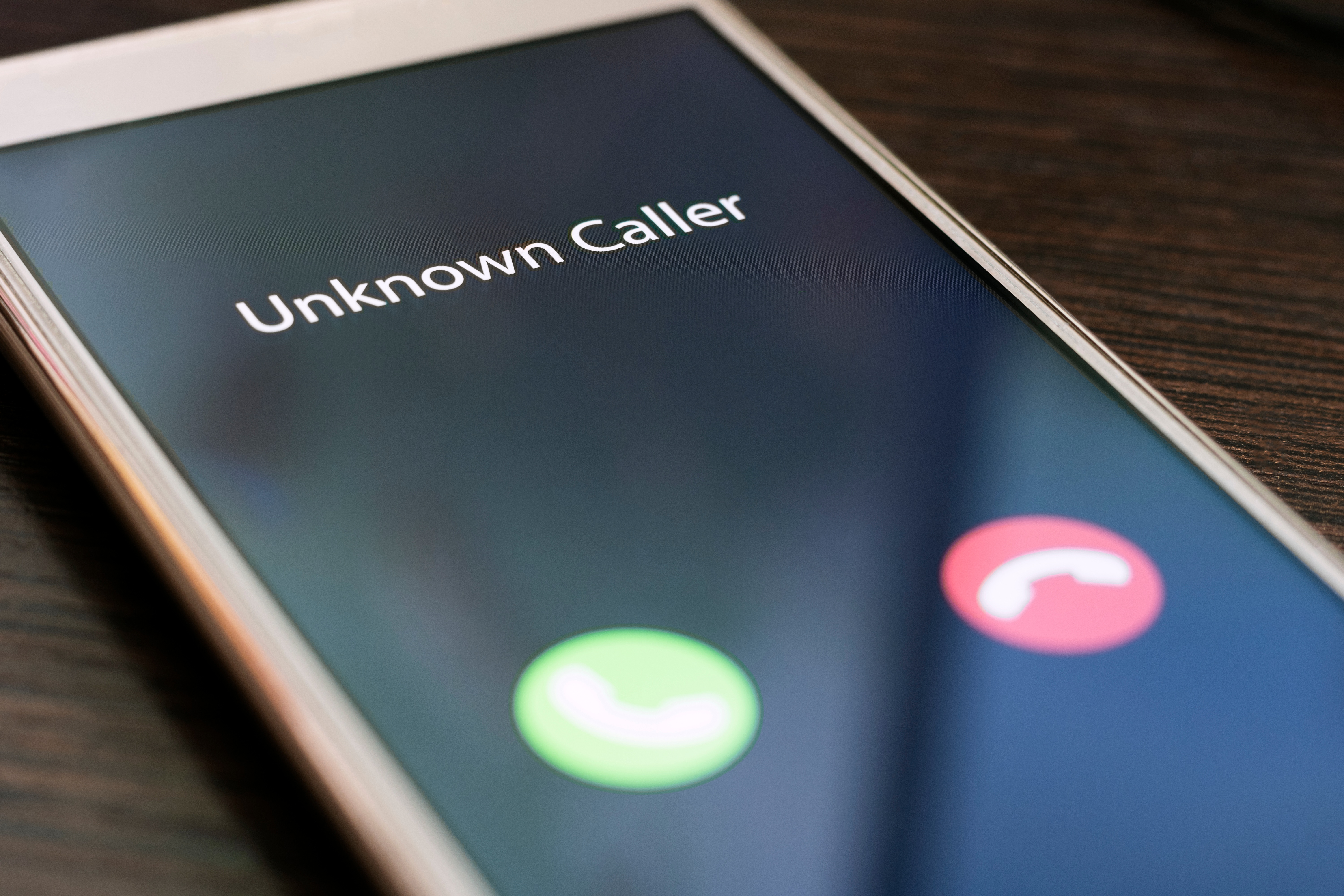The Federal Communications Commission on Wednesday closed a loophole in robocall regulations by adopting new rules to protect consumers from scam communications. The new rules directly address some of the biggest vulnerabilities in texting by including robotexts on the Do-Not-Call registry.
The FCC can now “red flag” certain numbers and require mobile carriers to block texts spawning from those sources. The new rule extends the Do-Not-Call list protections to text messaging, which makes it illegal for marketing texts to be sent to numbers on the registry. Providers are encouraged to make email-to-text messages an opt-in service to limit the effectiveness of a substantial source of unwanted and illegal text messages.
By closing the lead generator loophole, unscrupulous robocallers and robotexters who bombard consumers with unwanted communications are cut off at the source. Comparison shopping websites and lead generators are now required to obtain consumer consent to receive such communications one seller at a time instead of simultaneously applying a single approval to multiple telemarketers.
FCC Chairwoman Jessica Rosenworcel explains why the loophole was a big reason unwanted robocalls and robotexts were multiplying on consumers’ phones.
“You give a business your number, and in a single click, you are also giving that business the right to sell and share your number with hundreds if not thousands of other businesses that may use it to send you robocalls and robotexts that you never ask for, do not want, and do not need,” said FCC Chairwoman Jessica Rosenworcel. “They bury it in the fine print, so you do not realize when you make that one click you are authorizing all kinds of incoming junk to your phone.”
Additionally, the FCC proposed further steps to protect the public from harassment, such as blocking requirements when the FCC notifies a provider of a likely scam text-generating number. The Commission seeks public comment on text message authentication, including the status of any industry standards in development modeled on STIR/SHAKEN protocols to identify spam phone calls. Instead of encouraging companies to make email-to-text services opt-in, the Commission’s proposed regulations would require it.
The STIR/SHAKEN initiative sets caller ID authentication standards and works with providers to trace illegal calls to their sources. The team has signed robocall investigation partnerships with 48 states as well as the District of Columbia, Guam, and international partners to establish the first regulations targeting scam text messaging, minored through STIR/SHAKEN’s Robocall Mitigation Database to check for compliance.
The FCC’s Robocall Response Team combats menacing illegal spoofed and scam robocalls. Since its launch in 2022, reports of auto warranty scams have dropped by 99%, and student loan scams have fallen by 88% month-to-month. Predatory mortgage robocalls that target homeowners ceased. The team has issued record-breaking fines for companies that host illegal robocalls and spoofing, which includes closing gateways used by international robocallers to reach U.S. phones.

